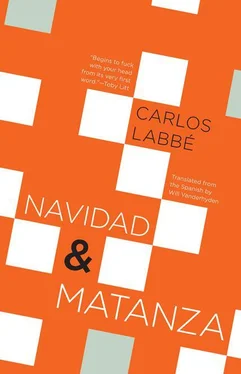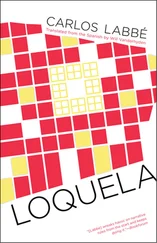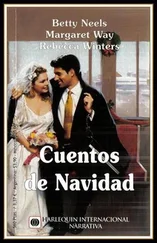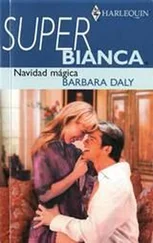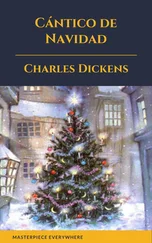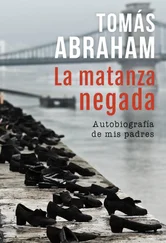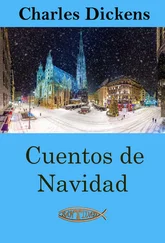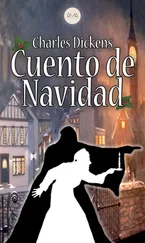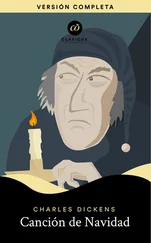IN THE AREA OF Navidad — Cardenal Caro Province in Region Six of the Liberator Bernardo O’Higgins — few locals have any desire to remember the summer of 1999. So, when questioned about the international event that took place in the neighboring town of Matanza, the residents look out to sea and murmur: Hmmm, yes, it was entertaining, there were so many gringos. I just did my thing, you know, I can’t ignore my work, especially these days, everything’s so hard. So I didn’t see much. Like I’ve got the time to be worrying about some tourists. But yeah, I think a friend of mine had something to do with it.
The first time I traveled to the area, during the final months of 1999, I was disappointed not to find physical traces of the Transensorial Beyond Seasons Celebration, which I’d learned about from a television news program — the only one — investigating the disappearance of the Vivar siblings, before the coverage disappeared as quickly as they had. I thought that in Navidad and Matanza I’d find a trail left by the organization, propaganda on the walls, who knows, maybe some building that was built specifically for the event that had later been donated to the community. I searched wasteland areas, abandoned fruit stands, and at the municipal dump without luck for the detritus that, according to what I read in the international press, this transnational organization often left behind: posters, wax replicas of Hollywood actors, chicken carcasses without heads or extremities, jars of oil and acrylic paint, digital TVs, hair, overalls, suntan lotion, empty bottles, seaweed, used rolls of film, T-shirts and visors, burnt oil, stickers, lights, fast food wrappers, blankets, containers, colored lights, mirrors, plugs for American voltage, rubber gloves, tablecloths, Taiwanese cuddly toys, costumes of seventeenth-century French aristocracy, magazines, preservatives, exercise machines, microphones and headphones, sheets, holographic recordings, bicycles, beef jerky, unicycles and tricycles, dry leaves, towels, Styrofoam, bins of Panamanian fruit and vegetables, computers with biological processors, large white shirts, novels from every age in eight different languages, syringes, rackets, clay, encyclopedias, balls for various sports, fossils, hovercrafts, soaps, shampoos, DVDs and CD-ROMs, fetuses, straps and belts, couches, tons of tofu, folding parchment screens, car parts, bags of chalk, dozens of Catholic and Protestant Bibles, copies of Enuma Elish, Korans, Angas, Vedic books, Popol Vuhs, Mormon books, Tanajas, books of the origin of the Sikhs, Mishnas, books of Chilam Balam, Tao Te Chings, Talmuds, Bhagavad Gitas, Dhammapadas, Confucionist books, Kijikis, Nihongis, Tibetan and Egyptian Books of the Dead, Engishikis, Upanishads, books of Urantia, triptychs, eddas; kilos and kilos of sand.
I asked more than thirty locals what they remembered about the previous summer, and invariably they told me about their families or about the lack of opportunities in the province, and sent me to some neighbor who may have been involved in the event. Finally, at a service station, strategically located between the towns, the attendant — a man of forty-some years, who preferred not to make his identity public — told me that, although he wasn’t directly involved with the organization (as his friend had said), he’d gone to “the mobile party” four nights in a row, where he worked as an assistant to a Chilean-African musician who played “a peculiar instrument.” Or at least he thought the instrument was peculiar — he told me, later, sitting in the service station’s cafeteria — because the sound it made was so sharp that it made something move in the pit of his stomach, like being tickled. Except for the last time, because he was too furious, he said with a smile, anticipating my series of questions. The instrument in question was the theremin of the Congolese Patrice Dounn, the other identity of the man I prefer to call Boris Real.
I SPENT THREE afternoons in January of 2000 sitting in a plexiglas booth, just over three feet wide, at a gas station between Navidad and Matanza. Behind me, there was a list of prices written in marker across the transparent surface and, above my head, there were products with brand names I thought had disappeared in Chile: Hilton Lights, Survivor, Pacific, Colo-Colo, Jockey Club, Ari, Nevada, Balu, Control. It was the only place I could sit and wait for the service station attendant. Every now and then some cars would pass by on the highway. The man wore a yellow jumpsuit and spent his time humming unintelligible music, alternating his activities between the broom, the ticket counter, and the oily floor of the mechanic’s garage. At two in the afternoon, with a cheap book in his hand, he went to eat lunch in Navidad. The service station was left inexplicably vacant. At three the man came back, marked his time sheet and slid underneath a dusty Volvo that was parked in the garage. At one point, I thought I heard him snoring.
He enjoyed his job, he told me later, after the first beer. That first day I showed up at one in the afternoon, turned on my tape recorder and began to question him about Boris Real. He looked at me with surprise and said nothing. A fat man in a straw hat arrived in an oil truck, he greeted the attendant and asked him to fill the tank, then he left. A couple minutes went by and I didn’t know whether to say something or to leave. A thrush landed a few meters away, it hopped around, jerked its head nervously, pecked at the ground. The man watched the movements of the bird. It hopped twice more and flew away. Only then did he speak to me: Not yet, gancho , wait till I get off, and buy me a beer. Then I’ll answer you, can’t you see I’m working. I asked him what time he’d be done with work and he replied that it depended on the traffic. During the middle of the week it was hard to know how many vehicles would pass by, he added.
That first day, waiting for him in that plexiglas booth, I picked up and read the book he’d taken with him at his lunch hour. The title was James Versus the Spider, a strange novel — horribly translated — whose premise postulated that in reality James Dean hadn’t died in his famous accident, but that he’d ended up in a coma. Years later, for an exorbitant sum, his relatives auctioned off the unconscious body of the actor, selling it to a private clinic in Salt Lake City. In secret, the clinic began a series of genetic experiments paid for by large pharmaceutical laboratories. The novel ended when the scientists failed in their DNA calculations and instead of cloning the perfect human being — beautiful, astute, sensitive, intelligent — they gave life to a tiny spider which was inserted, through the nose, into the president of the most powerful communications network in the United States, to feed on his brain and to direct the fate of the planet.
At sunset, in my car heading to the bar located on Matanza’s small square, I asked the man from the service station where he’d bought that strange novel. A woman gave it to me, man. He was referring to a friend, or maybe a lover. We passed a few more minutes in silence. Then, to my surprise, he added: She loved to say that our friendship was just like that story.
DURING THE SUMMER we traversed the beaches of Chile’s central coast in the Cadillac or the Porsche. I’d stop in a beach’s parking lot and Bruno would get out of the car while I reclined in the drivers seat, shut my eyes and with closed lips sat humming old songs. I remember that we argued: Memory is made of music, he said; Memory is made of names, I maintained. I lay there with closed eyes, taking a drag on my cigar every now and then. That was the only movement alerting someone watching from outside that I wasn’t sleeping. Sometimes I sat up, searching for Bruno among the swimmers. Then I’d guess, with a glance, which girl he’d chosen that afternoon.
Читать дальше
